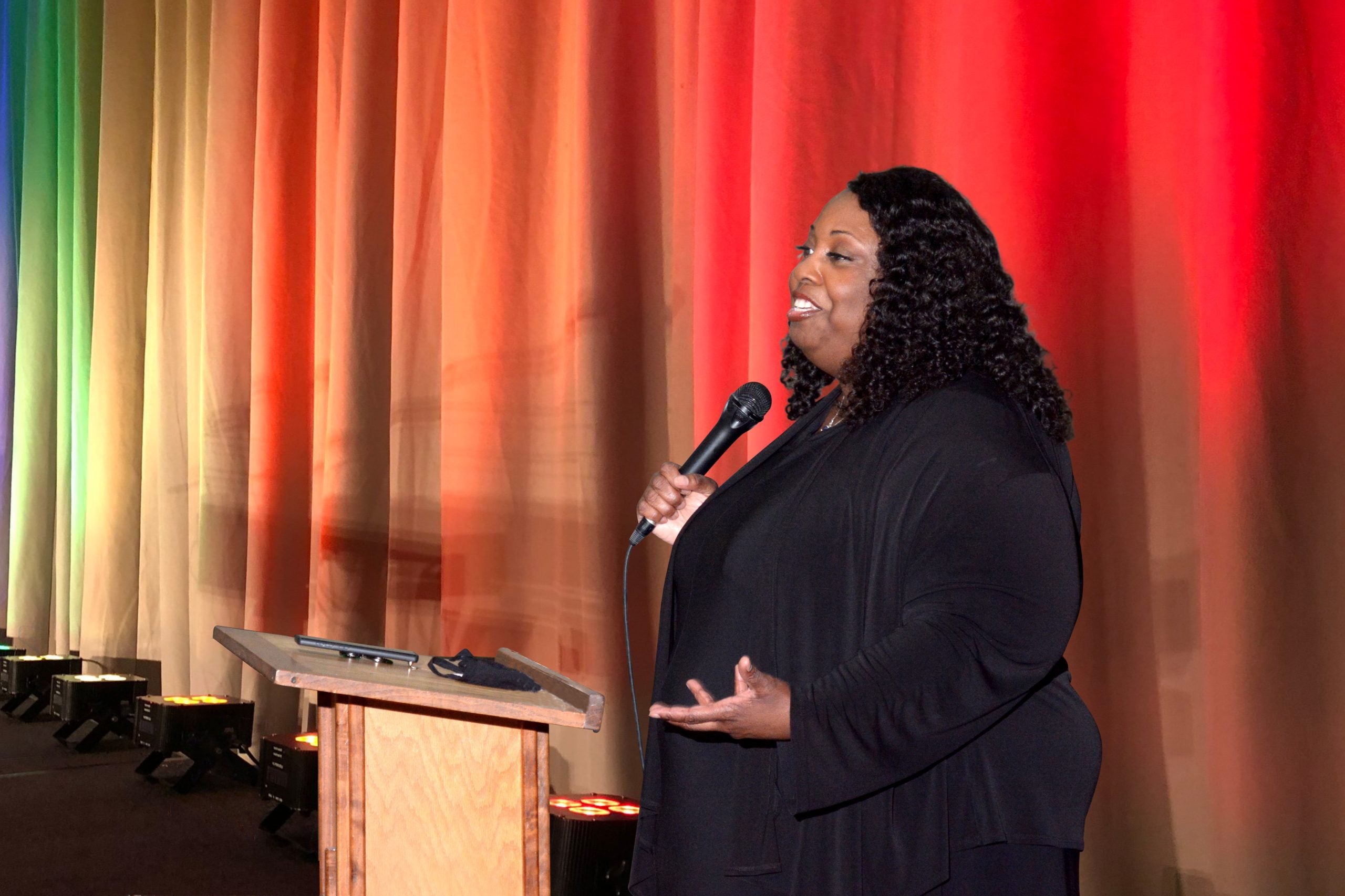
July is BIPOC Mental Health Month. But you might not know that it was started by a Black woman, the late acclaimed author Bebe Moore Campbell.
Campbell was an ardent advocate for mental health who worked tirelessly to raise awareness for mental health in the minority community. “Mental illness is a kind of slavery. We won’t always have to hide and run and do our work in the dark,” said Campbell who strongly believed this issue should not be stigmatized and wanted people to talk openly about it.
While mental health does always matter, this July observance offers up a special opportunity to discuss this important issue in our community because storytelling can be “a vital component to eliminating disparities and improving the lives of those who have been disenfranchised by social factors.”
Kiva Harper– who has over two decades of experience as a trauma focused therapist– learned this firsthand. Harper sat down with ESSENCE and discussed how reading one of the magazine’s articles on mental health in her early 20s “literally changed the trajectory” of her life. Harper says she was skimming through a copy of the magazine when she came across an article about Black women and depression, which featured a singer who had recently died by suicide.
“Too often, women of color try to muscle their way through depression and anxiety on their own.”
“I even went on to have a career in mental health, because I never knew there was a name for what I was going through, but I recognized that I was depressed from that article. So, it was just life changing for me,” she shares.
Unfortunately, what Harper experienced isn’t always the case. “Too often, women of color try to muscle their way through depression and anxiety on their own,” says chair and medical director of the Department of Psychiatry and Behavioral Health at Sibley Memorial Hospital Erica Richards. “Anyone can experience mental illness. There is no group, gender, sexual identity, race or cultural belief that can prevent it from occurring,” continues Richards, adding, “And it’s actually happening at higher rates than most other illnesses, including heart disease, diabetes and cancer.”
This is especially distressing considering that women are two times more likely to have a major depressive episode than men. And when it comes to Black women, we are 50% less likely to ask for help compared to our white counterparts.
But why is this the case? Harper commented that “Black women are the caretakers for our families, and so we take care of others, often at the expense of ourselves. When that happens, we don’t tend to our physical needs sometimes and end up neglecting our emotional and mental health needs.”
Not only that, but our depression sometimes goes undiagnosed due to the structural racism that is embedded in almost every facet of medicine. As Harper relays, “the DSM [Diagnostic and Statistical Manual of Mental Disorders] that that we use to diagnose those symptoms are very much based on white America and depression for a Black woman does not look the same as depression for a white woman.”
Harper says that it’s “incredibly important that we recognize this month and provide education to professionals that work with BIPOC communities so they can be more responsive to their patients’ needs. There’s a lot of stigma attached to mental health in historically excluded communities, so calling attention to and talking about it can help reduce the stigma.”
Harper continued, “The theme for this [National BIPOC Mental Health Awareness] Month is Culture, Community, & Connection. For the connection part, I want everyone’s takeaway to be that we too often focus on our deficits and problems with communities of color, but we don’t focus enough on our strengths. Yes, we have this history of oppression and systemic racism that we deal with, but we also have a rich culture,” she states. “We have overcome so much and we heal our communities, we come together when things are bad. We have ancestral wisdom, and we have these tools for survival and support systems that have helped us to thrive and bloom in some of the worst situations.”
“Approaching mental health from that lens of we have all the tools we need to heal, and be okay, that just encourages me and I hope that it encourages your readers as well,” concludes Harper.